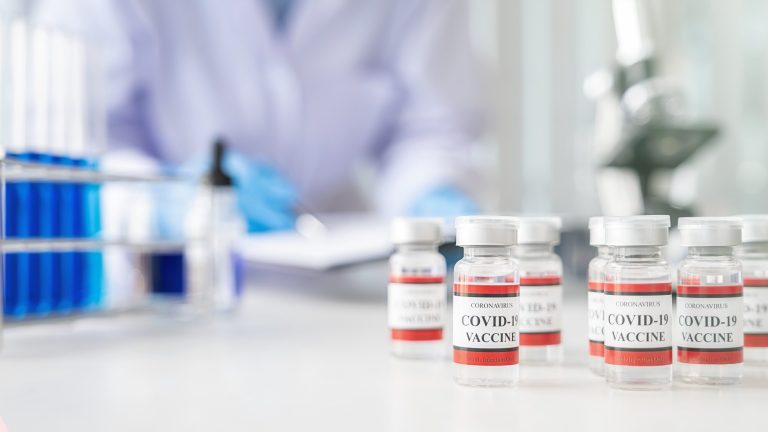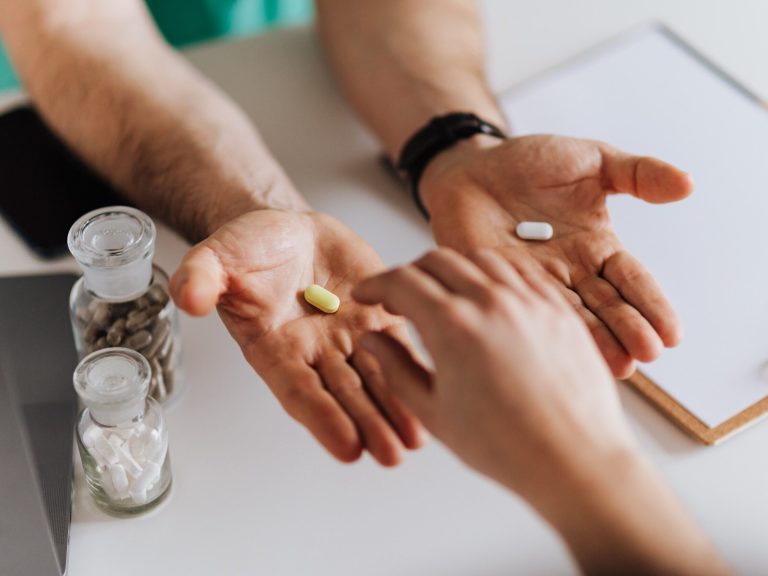What does the blood talk about? Many diseases can be “read” from it

Blood is one of the most important body fluids in the human body. It saves health and lives. It also “informs” about the development of many different diseases. Check what exactly you can “read” from it?
Blood tests play an extremely important role in the prevention of many different diseases. Performed regularly (at least once a year), they allow you to detect abnormalities in the functioning of the body at an early stage, before the disease develops and causes serious, often irreversible damage. It is worth arming yourself with knowledge about blood. Test your knowledge with our test.
Blood tests are not only about morphology
Most people associate a blood test with a complete blood count. It is a quantitative and qualitative assessment of the composition of this body fluid. Thanks to it, it is possible to detect, among others, diseases such as anemia (anemia) or inflammation. Moreover, the level of cholesterol, glucose, thyroid-stimulating hormone, as well as liver function tests are determined in the blood sample. The analysis of these indicators allows you to identify, among others, diabetes, hypercholesterolemia, thyroid or liver diseases, e.g. lipid metabolism disorders, non-alcoholic fatty liver disease, etc.
Blood tests are also the basis for the diagnosis and prevention of diseases of the bone marrow and lymphatic system – leukemia, lymphoma, myeloma and myelofibrosis (myelofibrosis). Indications for their implementation are changes in the well-being or functioning of the body that last longer than a few days and have no clear cause (chronic fatigue, unjustified weight fluctuations, low mood, irritability, etc.).
How to prepare for a blood test?
One of the most common requirements is to be fasting at the time of blood collection. The patient should maintain an 8-12 hour break from the last meal. However, this is not an absolute recommendation. It all depends on the type of parameters measured in the blood. Before the examination, you should refrain from intense physical exercise and refrain from drinking alcohol and drinks containing caffeine. It is also worth ensuring an optimal amount of sleep (7-8 hours). You should not stop taking medications you take on a regular basis on your own. Such a decision must be consulted in advance with the attending physician.






